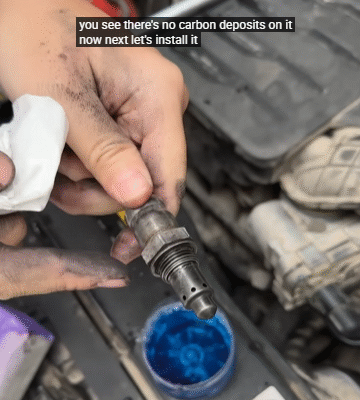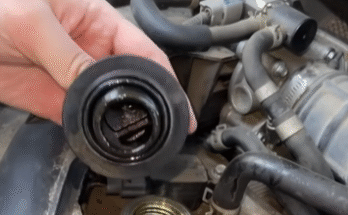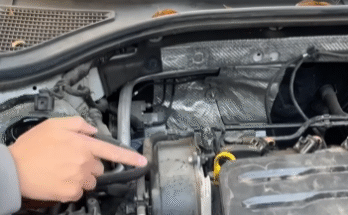
If your car engine starts to jitter or shake unexpectedly, or if you’re noticing increased carbon deposits, you’re not alone. These are common issues that many drivers face, especially in older or poorly maintained vehicles. Not only can these problems affect your driving comfort, but they can also reduce your car’s efficiency, increase fuel consumption, and even lead to more serious engine damage if left unresolved. Fortunately, there are several steps you can take to diagnose and solve these problems effectively.
Understanding Engine Jitter
Engine jitter refers to a rough or shaky feeling when your car is idling or accelerating. You might notice the steering wheel vibrating, the car feeling sluggish, or unusual engine sounds. This jitter can be caused by several issues including misfires, fuel delivery problems, vacuum leaks, faulty spark plugs, or engine mount failures.
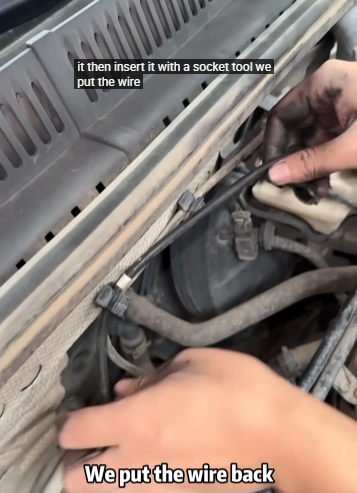
Understanding Carbon Deposits
Carbon deposits are a byproduct of fuel combustion. Over time, these deposits can accumulate on vital engine components like intake valves, pistons, fuel injectors, and spark plugs. Modern direct injection engines are especially prone to carbon buildup because the fuel doesn’t wash over the intake valves during combustion.
When carbon deposits build up excessively, they can disrupt air-fuel mixture, reduce combustion efficiency, and cause a host of problems—such as engine knocking, poor acceleration, low fuel economy, and increased emissions.
Step-by-Step Guide to Solving Engine Jitter and Carbon Deposits
1. Diagnose the Cause
Before applying any fixes, you need to understand what’s actually causing the jitter or buildup.
- Check for Fault Codes: Use an OBD-II scanner to read any error codes from the car’s computer. Common codes like P0300 (random misfires) can give you a clue.
- Visual Inspection: Check spark plugs, ignition coils, and vacuum hoses for visible wear or damage.
- Listen to the Engine: Odd sounds during acceleration or idling may point to combustion problems or loose mounts.

2. Replace or Clean Spark Plugs
One of the most common causes of engine jitter is worn or fouled spark plugs. Carbon deposits can coat the tips of spark plugs, preventing proper ignition.
- Remove the spark plugs and inspect them.
- If they’re black and sooty, replace them.
- Use OEM-recommended spark plugs for optimal performance.
3. Check Ignition Coils and Wires
If spark plugs are working fine but the jitter persists, the ignition coils or plug wires could be the problem. A weak coil will fail to deliver sufficient voltage to the plug, causing misfires and vibrations.
- Test the resistance of each coil.
- Replace faulty coils or damaged wires.
4. Use a Fuel System Cleaner
A high-quality fuel system cleaner can help dissolve carbon deposits from injectors and valves.
- Add a bottle of cleaner to a full tank of fuel.
- Choose products with polyetheramine (PEA), which is effective at removing deposits.
- Brands like Chevron Techron or Liqui Moly are well-reviewed.
Use this treatment every few thousand kilometers or as part of regular maintenance.
5. Manually Clean the Intake System
If carbon buildup is severe, particularly in direct injection engines, chemical cleaners alone may not be enough.
- Consider a professional intake valve cleaning using walnut shell blasting or chemical spray cleaning.
- This process should be done by a qualified mechanic to prevent damage to internal components.
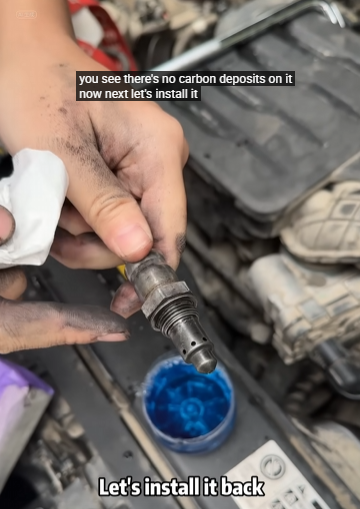
6. Inspect Fuel Injectors
Clogged or partially blocked fuel injectors can cause uneven fuel delivery, leading to engine jitter and inefficient combustion.
- Professional cleaning or ultrasonic cleaning can restore proper spray pattern.
- Replace injectors if they are beyond repair.
7. Check and Replace Engine Mounts
Sometimes, jittering is not due to a combustion issue but rather mechanical wear. Engine mounts are rubber parts that secure the engine to the car’s frame and absorb vibrations.
- If mounts are cracked, loose, or worn out, the engine will shake more than normal.
- Replacement is relatively inexpensive but should be done promptly.
8. Perform an Engine Oil Change
Old or degraded engine oil contributes to poor lubrication and increases heat, which can speed up carbon buildup. Some synthetic oils include detergents that help clean deposits.
- Use high-quality, fully synthetic oil appropriate for your vehicle.
- Follow the recommended oil change interval for your engine.
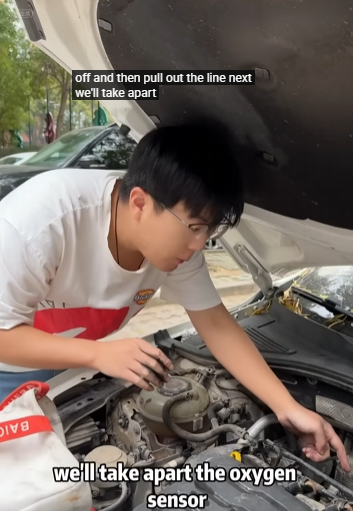
9. Check the EGR and PCV Systems
The Exhaust Gas Recirculation (EGR) and Positive Crankcase Ventilation (PCV) systems help control emissions, but when they malfunction or get clogged, they can lead to excessive carbon buildup.
- Clean or replace a dirty EGR valve.
- Replace the PCV valve if it’s stuck or blocked.
10. Consider a Carbon Cleaning Service
Some garages offer specialized carbon cleaning services using hydrogen gas or advanced chemical treatments.
- These methods clean internal components without disassembly.
- Choose a reputable provider and be aware that results vary depending on the engine’s condition.
Preventing Future Engine Jitter and Carbon Buildup
1. Use High-Quality Fuel
Cheap fuel may contain more impurities, leading to faster buildup. Stick to top-tier fuel brands with additives that clean the engine as you drive.
2. Drive Longer Distances
Short trips don’t allow the engine to reach optimal operating temperature. This causes incomplete combustion, which leads to more deposits. Occasionally take your car for a longer highway drive to burn off excess carbon.
3. Regular Maintenance
Don’t skip oil changes, filter replacements, or scheduled tune-ups. Clean air and fuel filters ensure proper air-fuel mixture and reduce strain on the engine.
4. Install an Oil Catch Can (for DI engines)
An oil catch can traps oil vapors before they reach the intake manifold, reducing carbon deposits on intake valves.
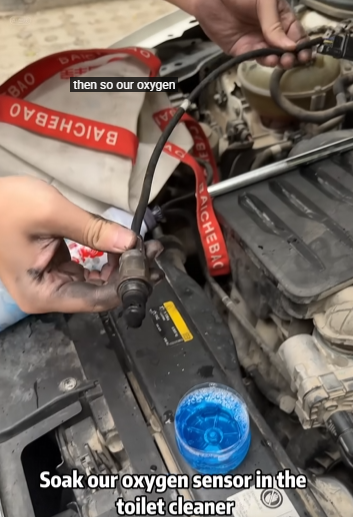
Final Thoughts
Solving engine jitter and reducing carbon deposits involves a mix of diagnostics, routine maintenance, and targeted cleaning. While some issues can be fixed with basic tools and fuel additives, more severe problems may require professional attention. The key is early detection—don’t ignore the warning signs.
By following the above steps and maintaining good habits, you can restore your car’s performance, prolong engine life, and enjoy a smoother, more fuel-efficient ride. If you ever feel uncertain or the jitter worsens, don’t hesitate to consult a trusted mechanic. Prevention is always better—and cheaper—than a major repair down the road.
